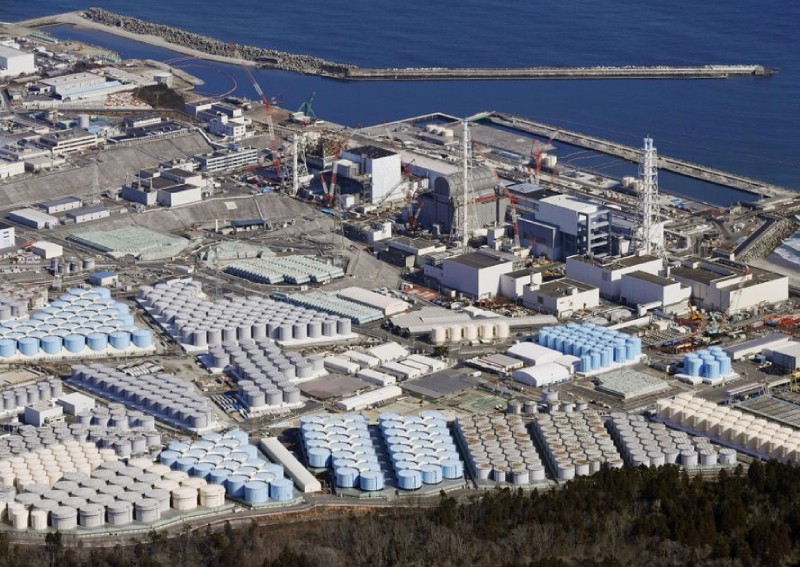Japan’s Fukushima nuclear power plant plans seabed tunnel to release contaminated water into ocean

The operator of Japan’s crippled Fukushima nuclear power plant intends to build an underwater tunnel to release water from the plant into the sea, it said on Tuesday, as part of a project to treat and dispose of contaminated water.
A decade after a massive earthquake and tsunami ravaged the northeastern coast, disabling the plant and causing the world’s worst nuclear disaster since Chernobyl, nearly 1.3 million tonnes of contaminated water have accumulated at the site.
The water, enough to fill about 500 Olympic-sized swimming pools, is stored in huge tanks at an annual cost of about US$880 million (S$1.2 billion), and space is running out.
Tepco submitted detailed plans on Tuesday to the nuclear regulation authority for approval, said company official Junichi Matsumoto.
Pumps would move the treated water from the tanks to the seashore and through a seabed tunnel to release it at a depth of 12 metres (40ft), and about 1km out at sea, the firm said.
Although international authorities support the water discharge effort, it has provoked concern from neighbours China and South Korea and worried local farmers and fisherfolk.
Fukushima’s produce already goes through multiple checks for radioactivity, with farmers screening before shipment, while the prefecture also tests regularly.
Matsumoto said the company would continue to discuss the issue with residents and others before construction, set to start in the middle of next year.
The water is to be processed to remove radioactive contamination, except for tritium, which cannot be removed. Water with the radioactive isotope diluted to one-seventh of the figure set by the World Health Organisation’s guidelines for drinking water is to be released into the Pacific from the plant around spring 2023, under a government plan.
Nuclear plants worldwide routinely release water containing tritium, considered the least-toxic by-product of atomic power.












Leave a Reply